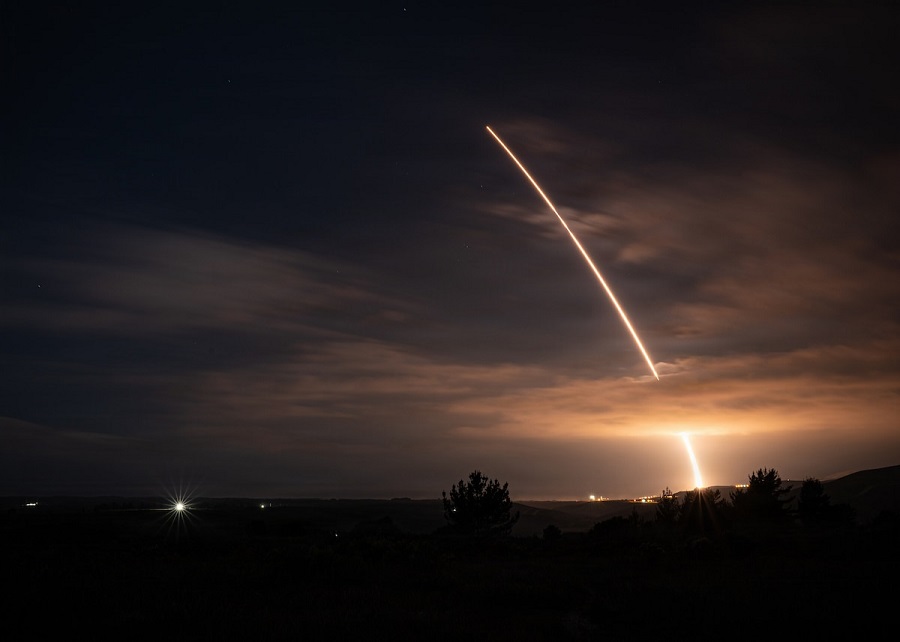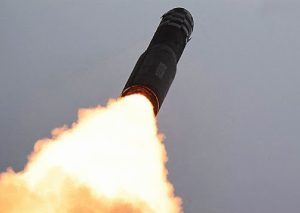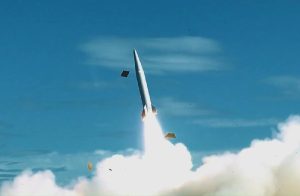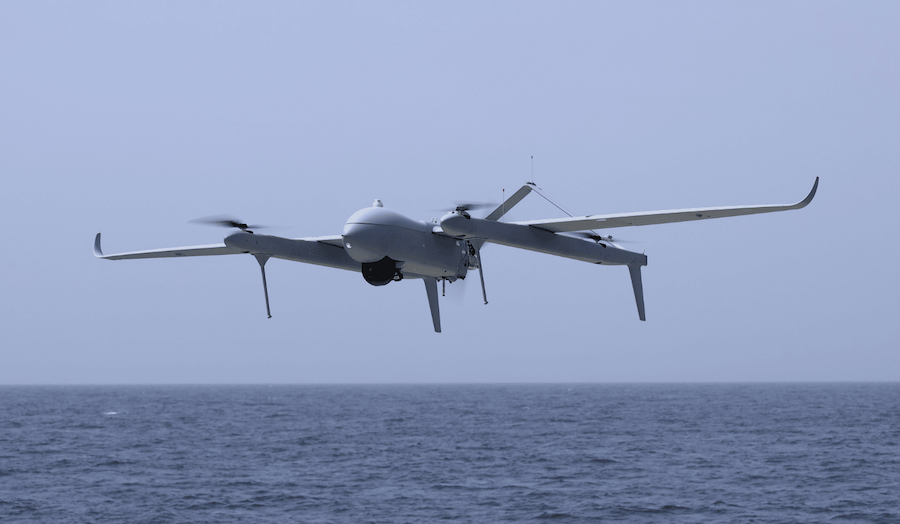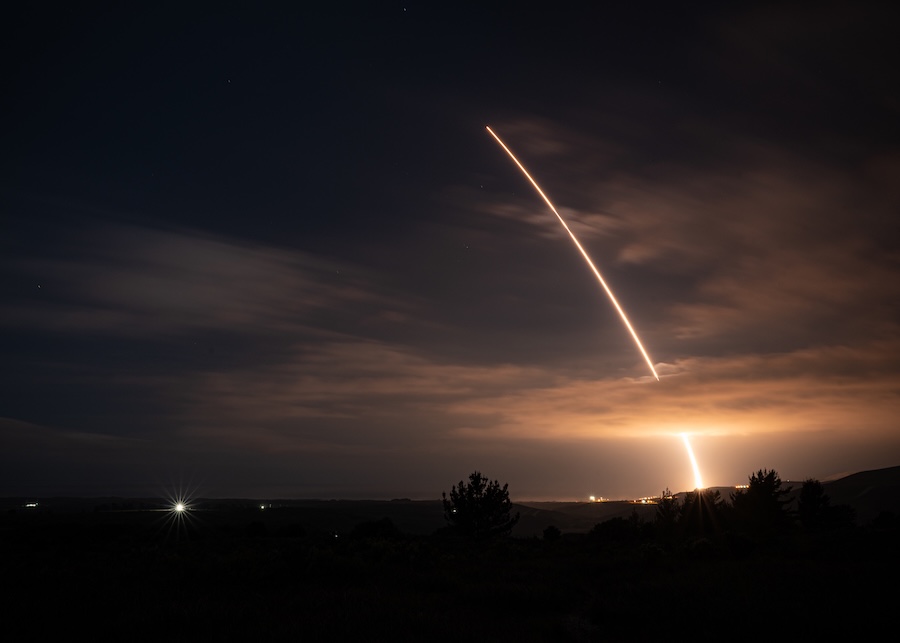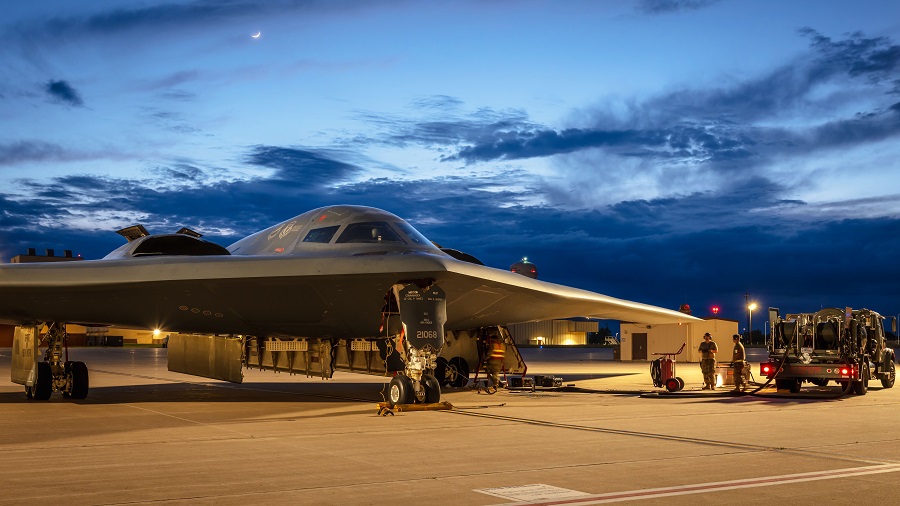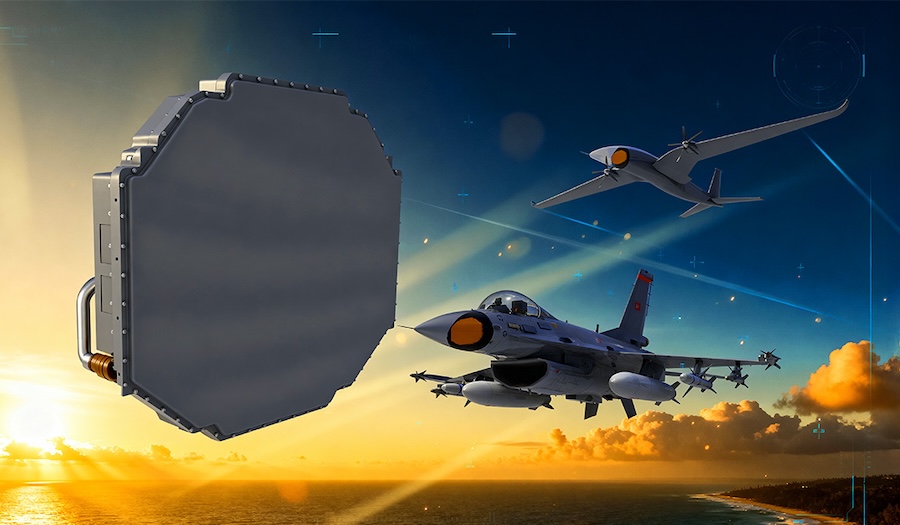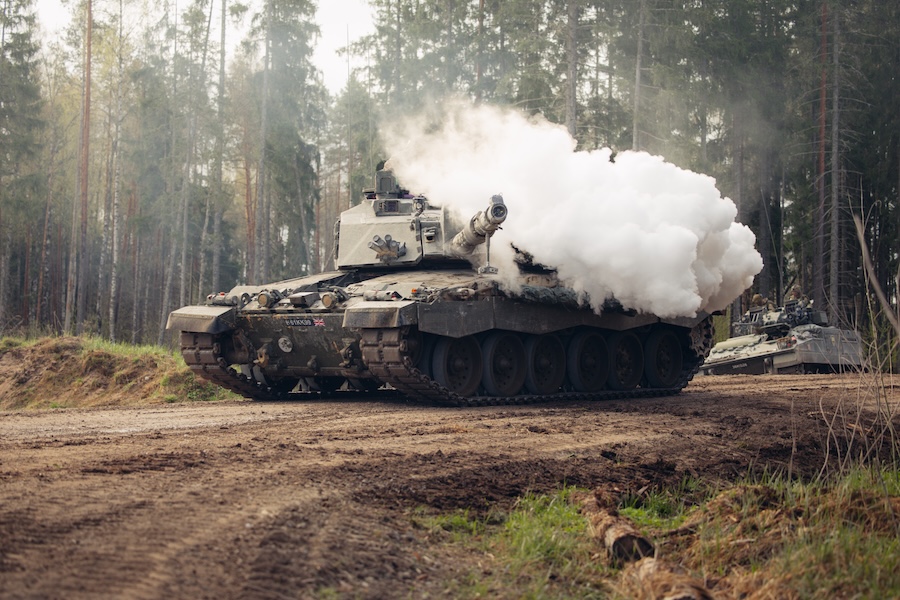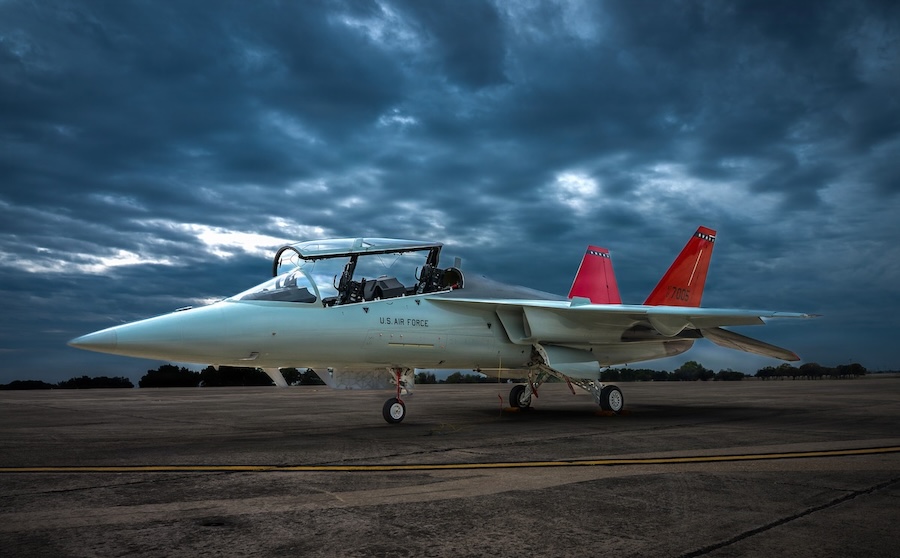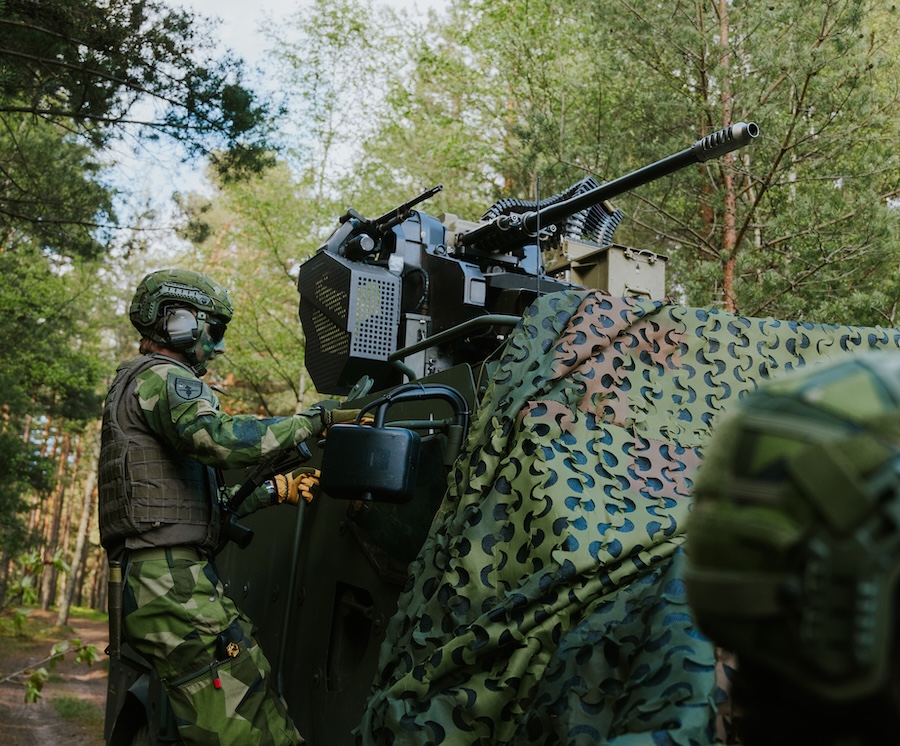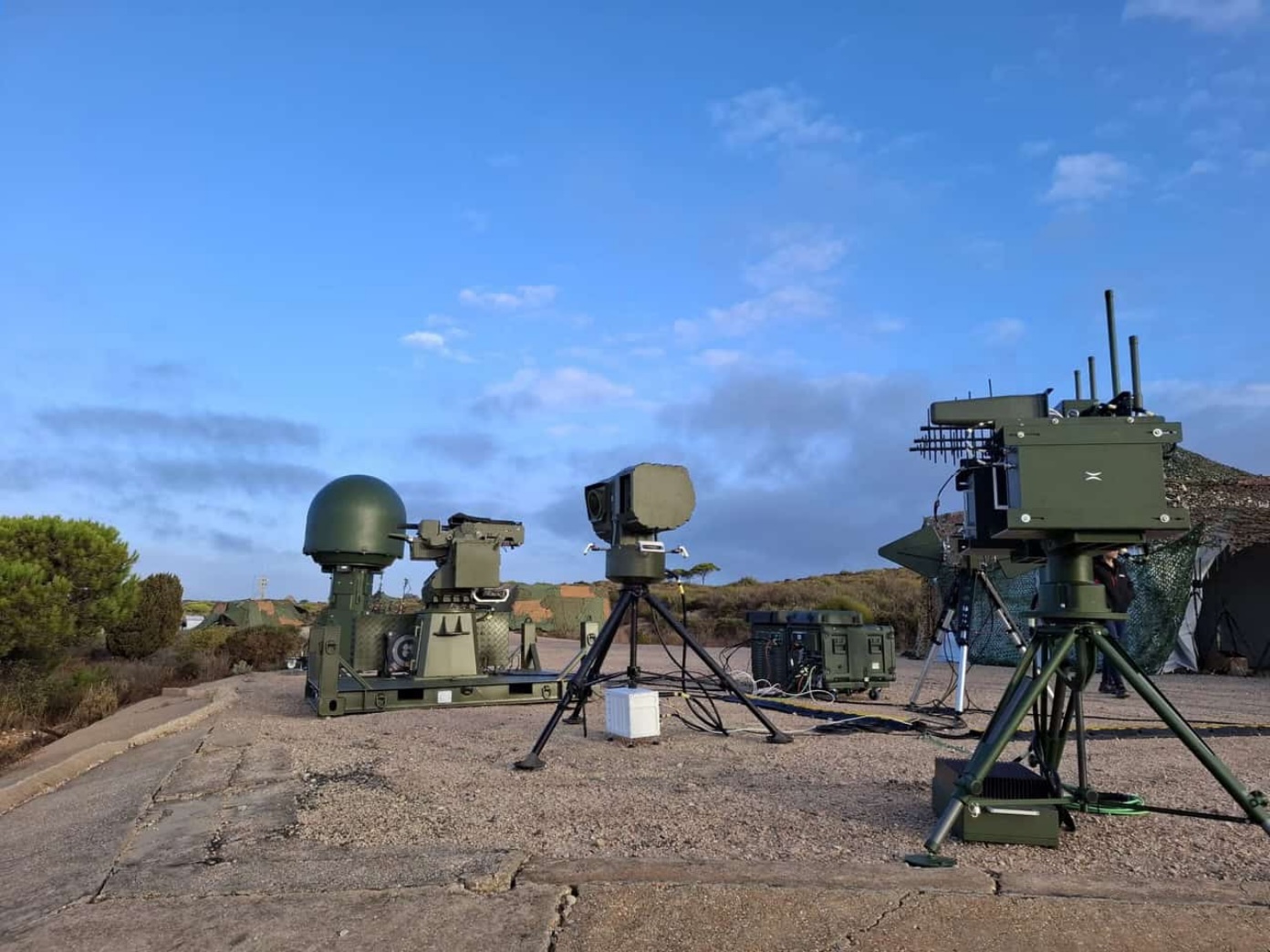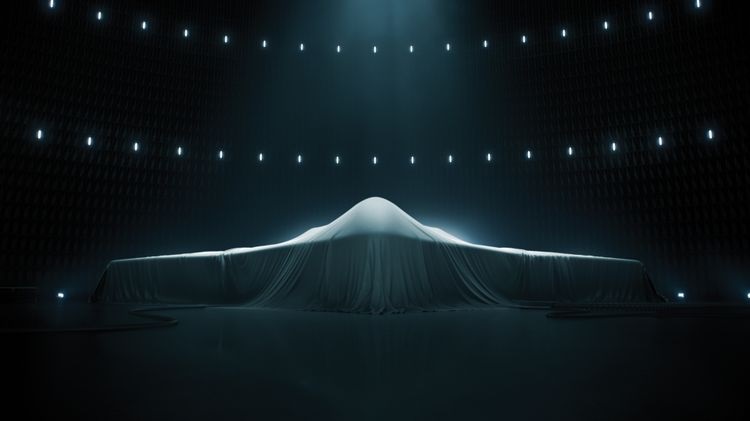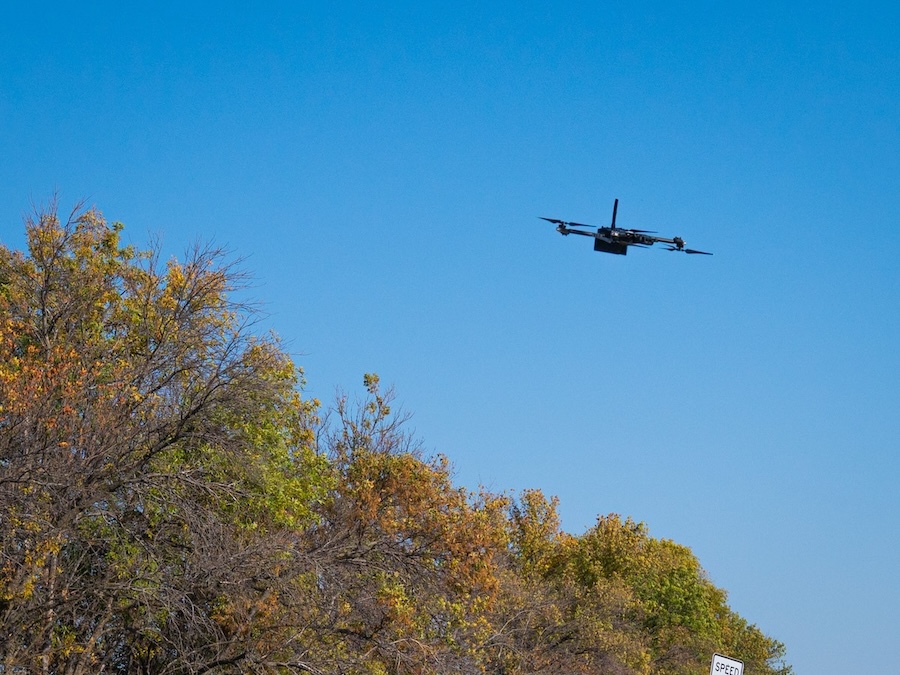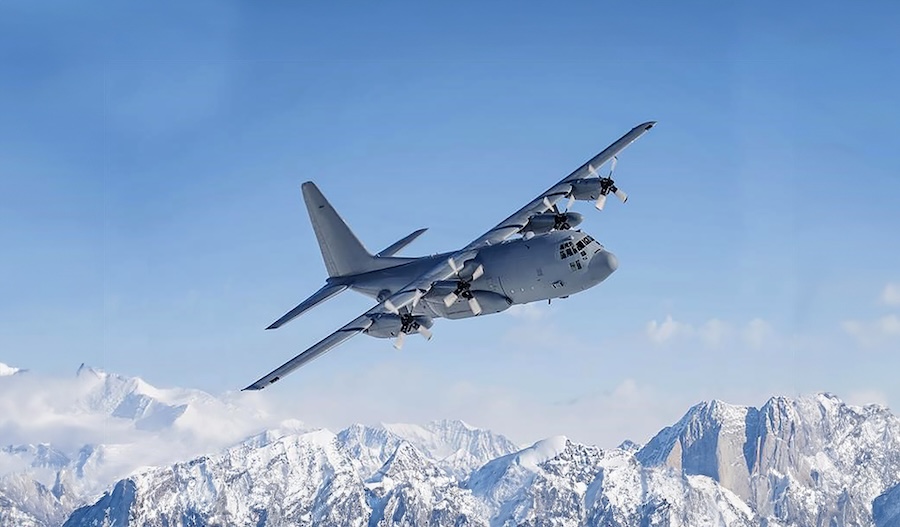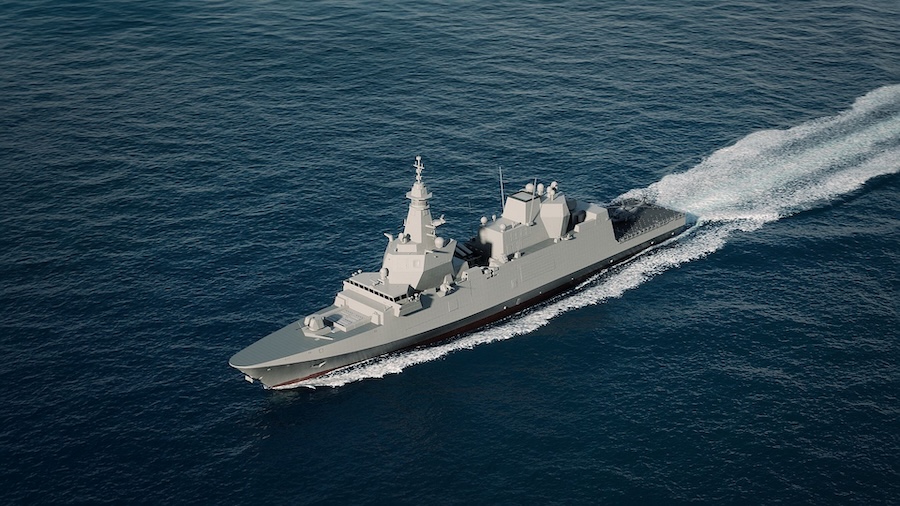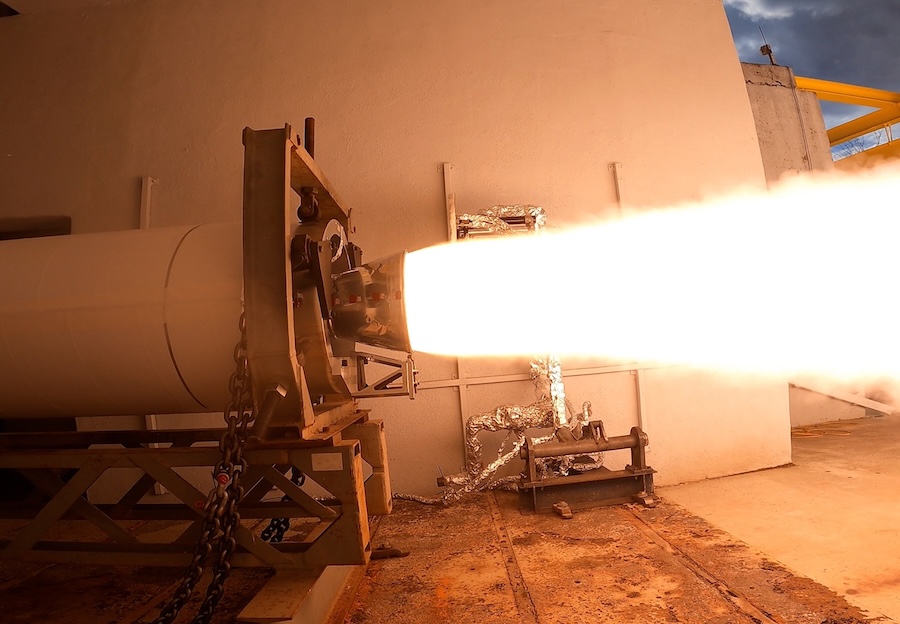A team from the 625th Strategic Operations Squadron initiated the launch using the Airborne Launch Control System aboard a U.S. Navy E-6B Mercury aircraft. This tested the effectiveness and continuous availability of the ALCS as a backup command and control capability for the ICBM force.
“GT 254 is not just a launch – it’s a comprehensive assessment to verify and validate the ICBM system’s ability to perform its critical mission,” said Lt. Col. Karrie Wray, commander of the 576th Flight Test Squadron. “The data collected during the test is invaluable in ensuring the continued reliability and accuracy of the ICBM weapon system.”
The launch took place from the Western Test Range and is part of a series of routine activities vital for evaluating Minuteman III capabilities under strict safety protocols. The 377th Test and Evaluation Group, the Air Force’s sole dedicated ICBM test organisation, managed the planning and execution of the operation.
“This test validated the reliability, adaptability, and modularity of the weapon system,” said Col. Dustin Harmon, 377th Test and Evaluation Group commander. “Through this comprehensive assessment, conducted by a dedicated team of AFGSC Airmen, we ensure the highest standards of integrity and reliability for the Nation’s ICBM system.”
The unarmed reentry vehicle travelled around 4,200 miles to the Ronald Reagan Ballistic Missile Defense Test Site at Kwajalein Atoll in the Republic of the Marshall Islands. Advanced sensors at the test site, including radars and optical equipment, captured critical terminal-phase flight data for analysis.
Personnel from all three AFGSC missile wings supported the launch, while the 90th Missile Wing at F.E. Warren AFB provided key maintenance support. Their combined efforts reflect the sustained commitment to managing this critical element of U.S. strategic defence.
“As we modernize to the Sentinel weapon system, we must continue to maintain the readiness of the existing Minuteman III fleet. GT 254 helps fulfill that commitment, ensuring its continued accuracy and reliability,” said Gen. S.L. Davis, commander of Air Force Global Strike Command.
Source: Air Force Global Strike Command.


